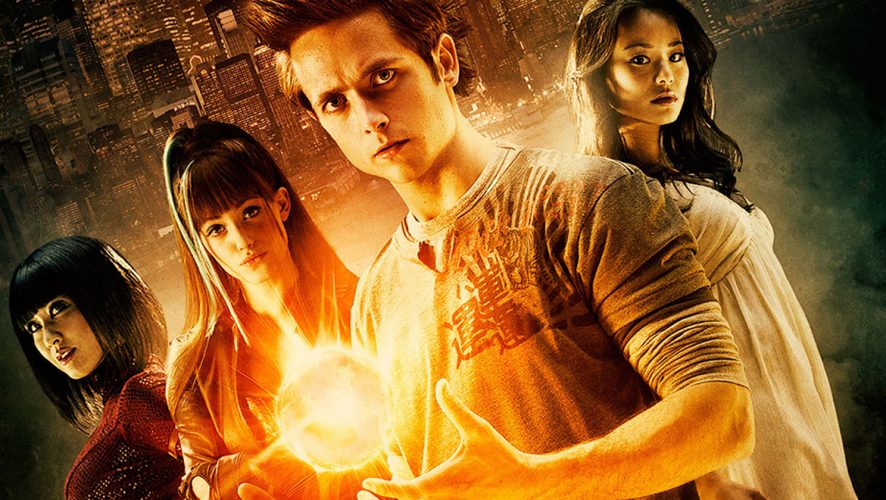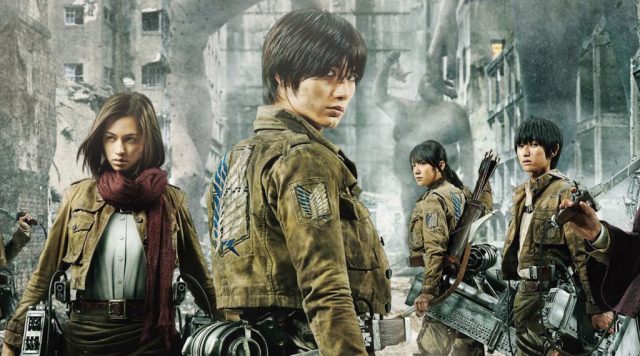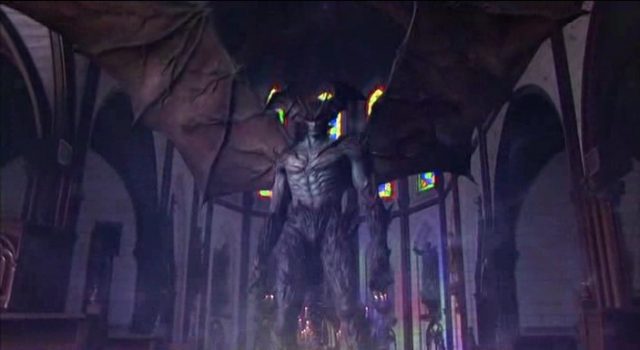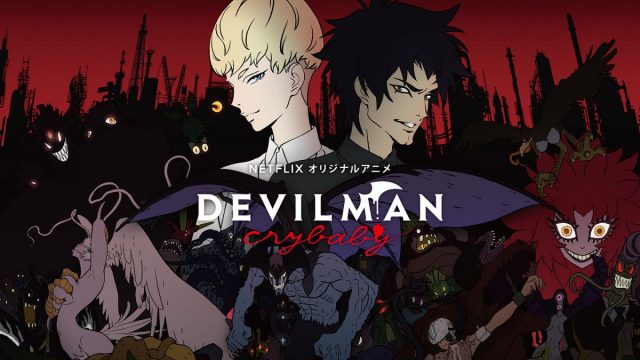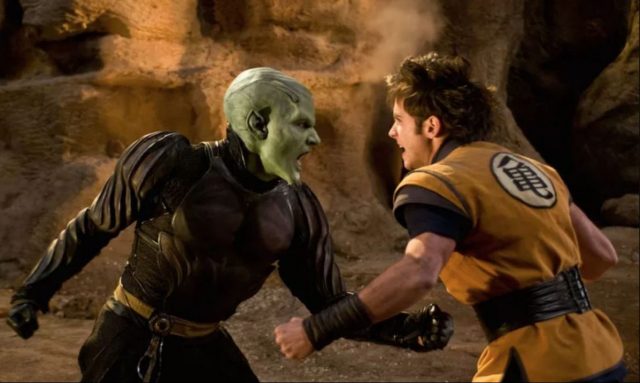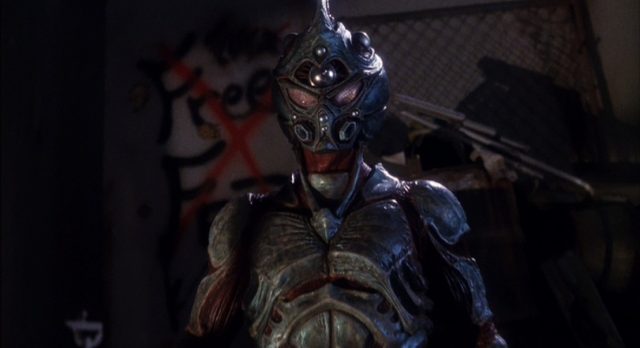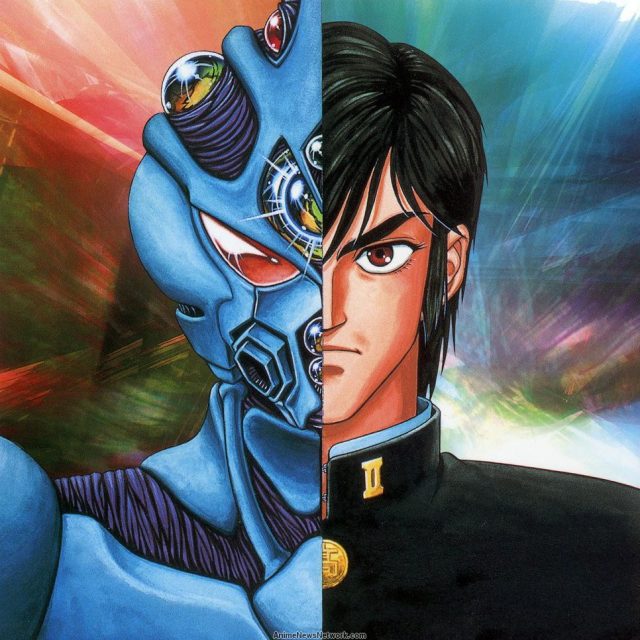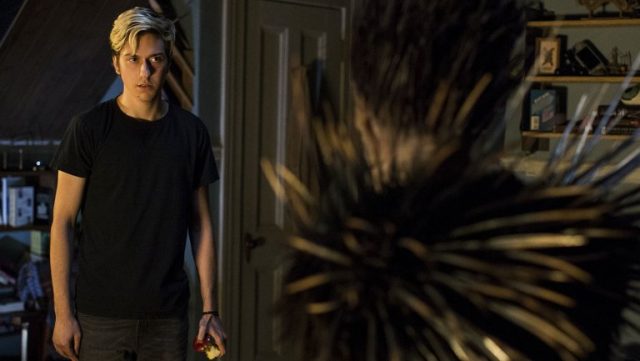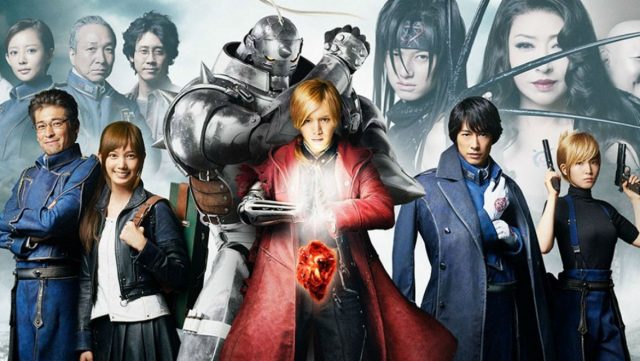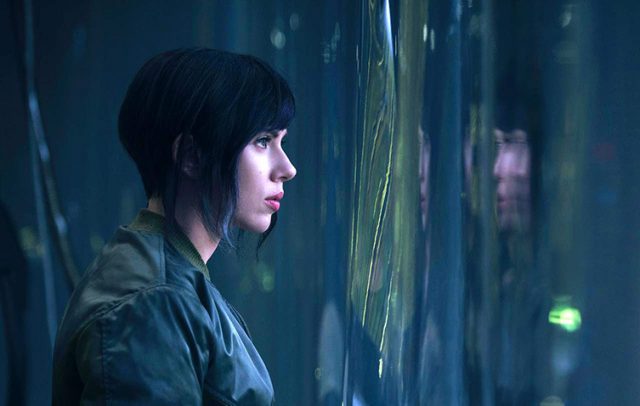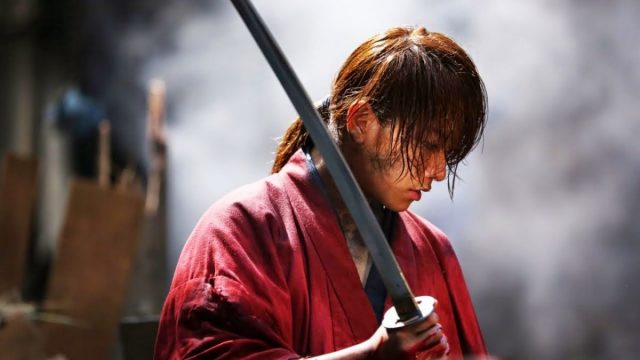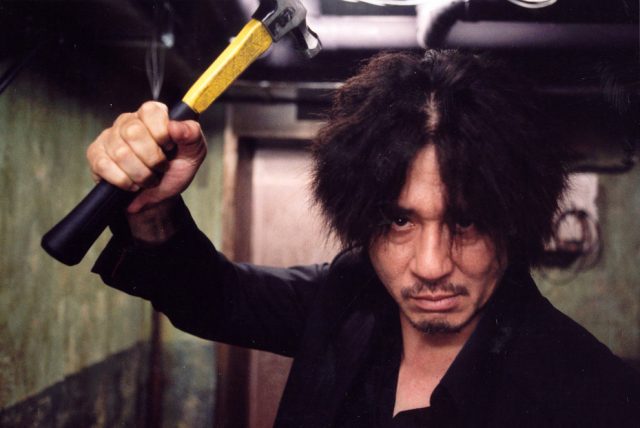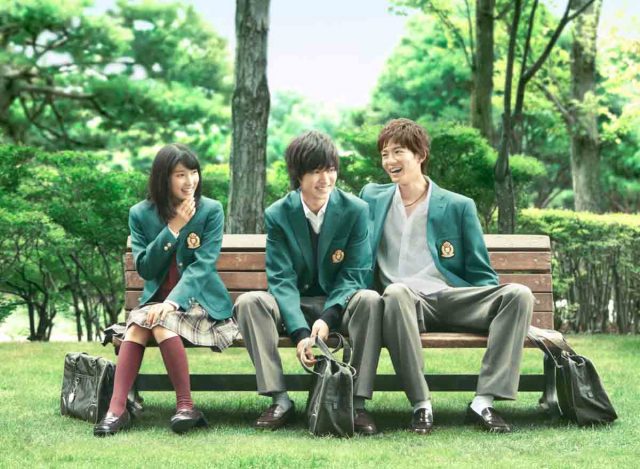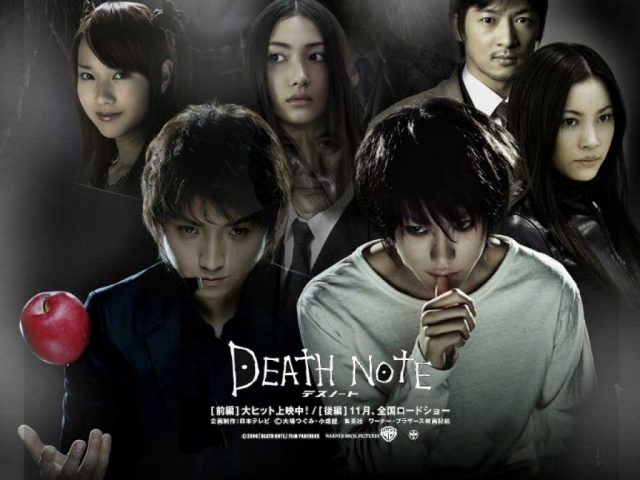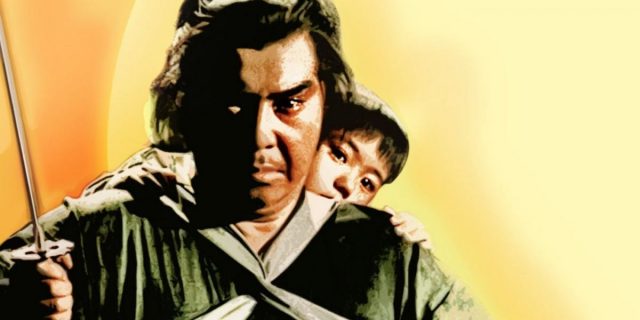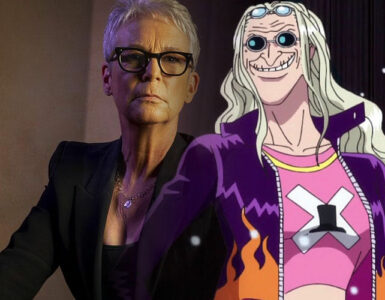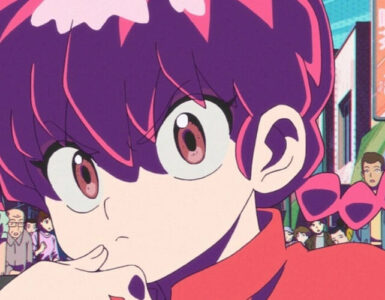The phrase “live-action” is a common lexicon in the film industry, and there’s plenty of that to go around, since Hollywood seems to think that it is basically sticking actors in a costume to get a job done. They have done it with everything, running the gamut from animated television series and anime to video games and books, but the particular genre has built for itself a reputation that’s often more negative than positive, particularly so for the first two categories.
While decent and noteworthy titles do exist, those are mostly few and beyond, with some better to be left forgotten, such as M. Night Shyamalan’s Avatar screenplay and the majorly catastrophic Mortal Kombat: Annihilation.
Where anime is concerned, these instances happen rather frequently as well. The community, naturally, holds a certain level of expectation when their favourite series gets a live-action adaptation, and they can be very, very critical about it. Most times, the big-screen film is met with lukewarm response, seldom surpassing the demands of fans. And to be fair, it’s not entirely Hollywood’s fault, since not all the productions are American.
Bleach, a former member of Weekly Shounen Jump’s The Big Three and thus one of the most popular anime around, is getting a live-action big-screen adaptation of its own that has already been released in Japan on July 20, 2019, and coming to international shores three days later. As fans of the series, we’re equally excited, but also not getting our hopes all the way up.
In light of this, here’s our list of live-action anime movies that didn’t quite work out, alongside a few rare ones that turned out to be surprising gems.
The Bad and The Ugly
Attack on Titan (2015)
When Hajima Isayama’s Attack on Titan, or Shingeki no Kyojin, was first released, it took the anime community by storm. As much as it’s a story about freedom, it also touched on the aspects of tragedy, loss, class distinctions, humanity, and the moral struggle to do what’s right and what’s needed to survive.
Naturally, the manga-turned-anime managed to snag a live-action movie adaptation swiftly, thanks to its overwhelming popularity and immense following. Alas, its big-screen counterpart remains a disappointing venture, with the rich, well-fleshed out characters of the original story becoming a bunch of incoherent whiners. Add it to the overall failure to faithfully deliver Attack on Titan’s dark tone, as well as the unnecessary inclusion and unfathomable exclusion of new faces and one of the most important characters, Captain Levi of the Survey Corps, and we have a stinker of Titanic proportions.
If anything, at least the special effects were good, and the cast did their very best to charm audiences. It’s a pity that the title couldn’t live up to its vast pool of potential, and faltered where it could easily be something more.
Devilman (2004)
Being the top choice is something that we all wish for, but not when you’re the top choice for being the worst Japanese film of the turn of the century in an online poll.
Enter Devilman, the live-action counterpart to the popular manga and anime of the same name. The premise tells of the tale of a teenager who learns that demons are real, and has to merge with one to save the world and become a hero – except that it’s much more than that.
It may be, at heart, a superhero origin story of sorts, yet the beauty of Devilman lies in its portrayal of the betrayal, humanity, morality, and acceptance themes, all while adopting extremely dark and heart wrenching undertones. Now, this catastrophic attempt comes along, and not only features disastrous CGI effects, but also suffers from an incoherent, messy plot, and poor lead performances, and tries too hard to stitch together famous scenes from the manga.
All in all, Devilman is a damn mess. Netflix’s Devilman Crybaby anime does a way better job at delivering, and is nothing that the live-action can ever live up to. Do tread on careful waters, though – it contains a lot of explicit sexual and violent scenes that may be uncomfortable for some.
Dragon Ball Evolution (2009)
Ah yes, the famous bugger that gave all anime live-action adaptations a bad name. It’s like the anime version of M. Night Shyamalan’s Avatar live-action take, and remains one of the most despised titles in the community to this day.
Call it an exaggeration, but Dragon Ball Evolution is truly nothing but a melting pot of half-baked ideas, stories, and characterisations. Bad pacing? Check. A cramped story? Double check. Flat, dull, easily forgettable characters? Triple check. Here’s a tip Hollywood – don’t allow a white guy to take on the role of an Asian.
If only the nightmare for Dragon Ball fans ended there. Apart from the poor adaptation of source materials – some were borrowed, others ignored – the vibrant world of Dragon Ball was reduced to lifeless, dated set pieces reminiscent of the 80s-era. Boo.
The Guyver (1991)
The only interesting thing that came out of this movie is seeing Luke Skywalker turn into a giant cockroach. Granted, Mark Hamill’s transformation can be rather grotesque for some, but it really says a lot about a film when that’s the sole standout element of the entire show length.
Based on Yoshiki Takaya’s Bio Booster Armour Guyver, the fan-favourite mecha manga follows the story of high schooler Sean Barker, who gains superpowers from an ancient alien tech known as Guyver when he stumbles upon the latter. With his newfound abilities, he sets out to save the world by fighting against the evil forces of the Kronos Corporation, a gang of creatures who plans on using the Guyver for world domination.
The plot is cliche, yes, and yet the manga manages to pull it off well. The Guyver, however, fails at execution, popping off tonal inaccuracies as if it can’t decide between being a wacky comedy or a terrifying creature feature, a very badly-written script, a bland acting cast, and sloppy fight sequences.
A recipe for disaster, this one is.
Death Note (Netflix, 2017)
The ultimate disgrace to the Death Note name, Netflix’s rendition of one of the most beloved anime-slash-manga titles faced the wrath of the community when it changed up a lot of content from the original.
Death Note borrows elements from Japanese culture and folklore, of which none translated well into a Western setting, simply because it wasn’t meant to be. Remember the pro-tip about not casting a white guy in an Asian role? Yep. Additionally, this live-action adaptation tosses everything that made it great into the trash can by making the entire movie an emo-fest riddled with teen angst, and introducing a completely redundant 180-degree change to Light’s character. At least Willem Defoe as Ryuk brought some charm to the table, however brief his appearance was.
Perhaps it could have been a good movie, but it’s certainly a disastrous live-action take on Death Note. Please, for the love of God, don’t simply park a new film under an existing name just to ride on the popularity, especially if 90% of everything is a clear shift away from the original. Better to leave this in the pages of the Death Note.
Fullmetal Alchemist (2017)
Fullmetal Alchemist is a wonderful classic – Fullmetal Alchemist: Brotherhood even more so – and it was pretty disappointing that Netflix’s live-action version fell short of expectations. For newcomers to the series, it could perhaps be viewed as a decent effort, but fans of the anime would know the biggest contributing factor to its failed delivery: the lack of an emotional touch.
In the original, the colourful cast of characters was very well-fleshed out, and each had a certain layer of depth to their personality. For instance, protagonist Edward Elric outwardly appears to be rather immature and self-absorbed, with a stubborn and petty streak a mile long, but carries an immense amount of guilt and angst under that seemingly thoughtless veneer. The Netflix rendition does a poor job at translating such emotions, and additionally suffers from uninspired dialogue, an incoherent narrative, and the lack of key characters, such as the nemesis of Edward and his brother, Scar, and the duo’s boss, King Bradley.
A second season is said to be in the works, so here’s to wishing that it’d make up for its lacklustre showing. If it’s any consolation, at least it managed to elicit a few laughs, which was definitely appreciated after the one tragic death scene. You know, that one.
Ghost in the Shell (2017)
Yes. The trend of casting a white actor in a role that is originally Asian went south here. Ghost in the Shell drew controversy for its casting choices, and faced a common issue in Hollywood live-action adaptations: whitewashing. It’s not so much of a terrible movie as it’s subpar – apart from being a visual masterpiece and boasting spectacular special effects, its big-screen counterpart doesn’t quite hold up well in other areas.
For one, a lot of the thought-provoking concepts have been watered down, which means the experience is a lot less captivating. It’s also difficult to relate to and get emotionally invested in the characters, and there are times where Ghost in the Shell comes to an abrupt halt for certain parts. The few instances of fluid, well-choreographed action sequences serve as a consolation, at least.
Ultimately, this live-action take is a shallow homage to the classic anime, especially for one that has been a source of inspiration for Hollywood blockbusters like The Matrix and Minority Report.
The Shining Beacons of Hope
But not all hope is lost with regards to live-action anime movies, however. While few and far in-between, there exist some success stories that embody exactly what a faithful adaptation should be, and have since set the standard for high-quality production in the industry: Rurouni Kenshin (2012), Oldboy (2003), Orange (2015), Death Note (2006), and old-time classic Lone Wolf and Cub (1972). Notice how none of these are directed by Hollywood? Yeah, let’s keep it that way.
Rurouni Kenshin
Largely considered the pinnacle of anime live-action adaptations, the Rurouni Kenshin trilogy, otherwise known as Samurai X, ticks all the checkboxes for the perfect adaptation: the apt casting of dynamic trio Tatsuya Fujiwara, Emi Taki, and Teruyuki Kagawa, thrilling and intense sword clashes that the original is so known for, the faithful adherence to canon material, and the fine balance between romance, action, story, and character development.
Oldboy
A South Korean neo-noir action film that spawned a Hollywood remake in 2013 – which, to be honest, is best left forgotten – Oldboy is based on the Old Boy manga, and belongs in a league of its own. Starring Choi Min-Sik’s terrific acting chops as protagonist Oh Dae-su, it’s fast-paced with the right amount of story twists, plot build-up, and thrilling moments, alongside top-tier scriptwriting, direction, and cinematography. Case in point? The movie’s infamous hallway fight is slickly executed in one glorious tracking shot alone.
Orange
Barring lead actor Yamazaki Kento’s stiff acting and a few other minor flaws, Orange is all-around quality. With romance as the leading genre, it does come in out of place among the other titles, but there’s no denying its success in pulling off a love story. Between beautiful cinematography, the poignant, careful portrayal of depression, and tearjerker moments, it remains one of the most underrated titles in the realm of live-action anime movies.
Death Note
This one needs no explanation. While the Death Note trilogy did eventually deviate from canonical material and came up with its own original ending, the psychological thrills were expertly executed throughout the three installments, with the cast accurately portraying the personalities of their anime-manga counterparts. The plot barely held up in the last entry, but hey, nothing can get as bad as the Netflix adaptation above. Oh yes, and bonus point for the potato chip scene, always.
Lone Wolf and Cub
Lone Wolf and Cub is considered one of the most influential manga around, and it’s good news that its live-action take is equally amazing – all six of them, in fact, released between the time frame of 1972 and 1980. Thanks to actor Tomisaburo Wakayama’s magnetic presence as legendary ronin Ogami Itto, as well as director Kenji Misumi’s dedication to retain the violent and dramatic overtones in the manga, it has gathered for itself a cult following over the years, whose membership includes Pulp Fiction’s Quentin Tarantino.
Live-action movie adaptations may have a bad reputation in the community, but not all’s doom and gloom with a select few precious masterpieces. It’s a topic that has been debated incessantly over the years, but the fact remains that Hollywood needs to learn from their past failed ventures and start producing works of quality.
Till then, well, they’ll always be a laughing stock to audiences, and be in the shadows of their successful non-Hollywood adaptations.

